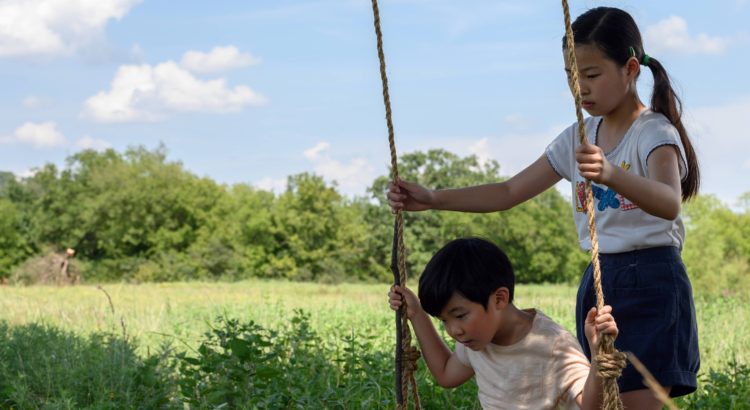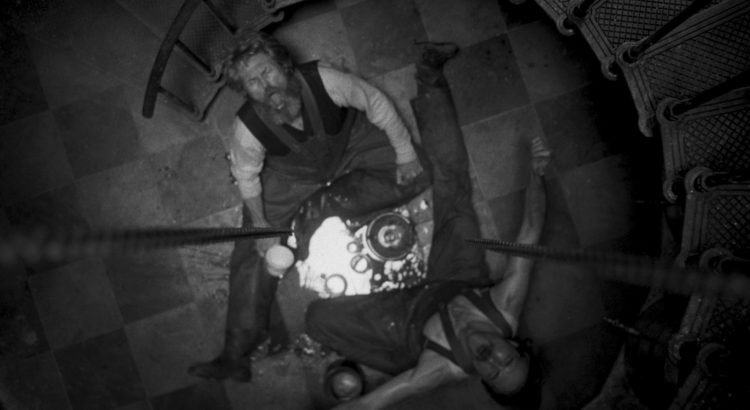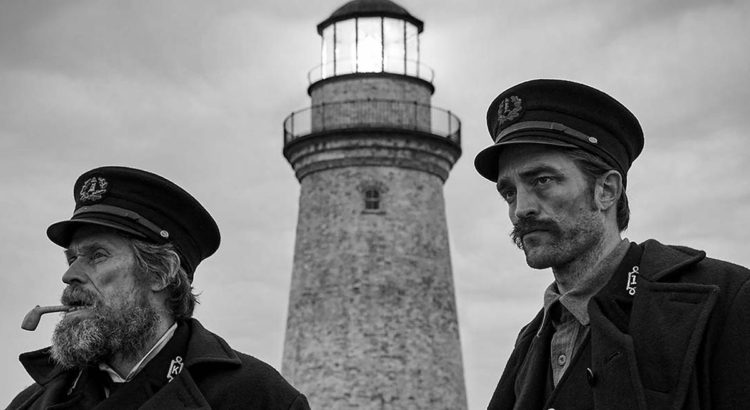Minari is an A24 film set to release on February 12, 2021. Written and directed be Lee Isaac Chung, the film is a semi-autobiographical telling of Chung’s own childhood, following a family of Korean immigrants who move to rural Arkansas during the 1980s. The film stars Steven Yeun and Han Ye-ri as the parents, Alan Kim and Noel Kate Cho as the children, and Youn Yuh-jung as the grandmother.
Minari is a family drama at heart, and it follows the perspective of multiple characters, rather than solely the perspective of the little boy who represents Chung. This is essentially what makes the film so successful and so moving. We see the point of view of a father who wants his kids to see him succeed at something, and we understand why he moved his family out to this tiny farm, and why he is so determined to stay and make a living there. We also see the mother’s outlook on the situation, and how her husband’s promise to always protect and provide for the family seems to become overshadowed by his obsession with the farm. And we see the kids grapple with their entire life being turned upside down, their parents fighting because of it, and having to adjust to a rural lifestyle where no one looks like them, and also having to welcome grandma into their tiny home. Finally, we see grandma, who arrives to the family farm later, but is immediately able to sense the tension and simultaneously empathize with the struggle to feel at home. We see grandma provide a sense of solace through her own strangely foul-mouthed yet tender ways.
This is really an ensemble film, and every performance is convincing and powerful. Under Chung’s direction, Yeun plays a firm but loving father, one who is still likable though the audience cannot fully back all of his decisions. Ye-ri is not a nagging mother; instead, she is quiet but determined, and she is not reduced to the fact she is a married woman with children. The kids are a joy to watch, with their realistic sibling relationship that involves fighting, but also trying to help each other understand their new life and why it’s such a strain on their parents. And grandma is a scene-stealer, with her love of Mountain Dew and tendency to always speak her mind.
Above all, it’s clear that Chung poured so much love and care into his film. And though he tells a story that he must have been too young to fully understand, the way he chose to not only revisit his own experiences but also those of his parents turns his film into something more easily understood and much more universal. In reflecting on how he came to this understanding, Chung says,





